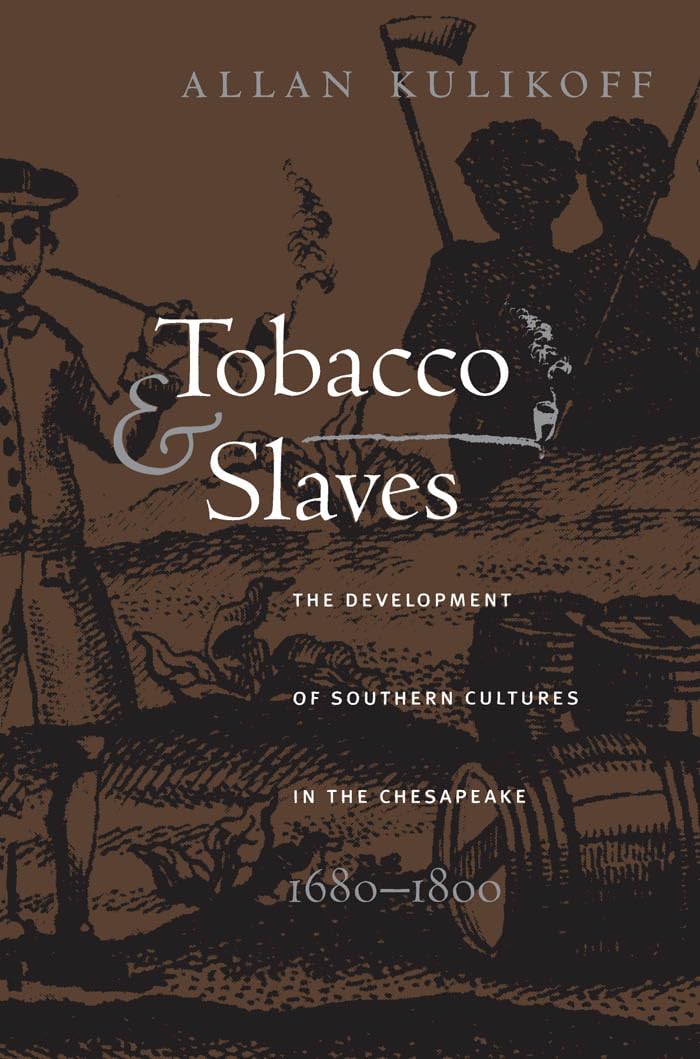

Tobacco and Slaves: The Development of Southern Cultures in the Chesapeake, 1680-1800 (Published by the Omohundro Institute of Early American History ... and the University of North Carolina Press)
D**S
A Treasure Worth Reading!
I was introduced to this book during a descendants focus group and I'm glad I made the purchase! This book gives insight into the historical context of slavery, the migration in the Cheseapeke Bay Region, and the inner workings of plantations and those Enslaved during the building of the eastern and western shores of Maryland. Anyone researching the Cheasepeake Bay area of Maryland, this book is a must have!
C**.
This is a must have for an amateur genealogist.
This is a must have for an amateur genealogist.
A**R
Good source of data
It is factual, but cold. Thee is no feeling about how difficult it is to be a slave.
J**E
Five Stars
Excellent resource
M**Y
Pleased with purchase
In excellent condition, as promised.
G**S
Book of medium quality
Almost everything went as expected. However, the book has several pencil marks inside, which it was not reported in book's add.
M**6
An Interesting Look at a Complex Society
Tobacco and Slaves is a synthesis that attempts to trace the development of culture in Maryland and Virginia. He approaches this task in three parts; the first is a very detailed survey of demographic and economic development, while the second and third parts analyze the formation of white and black societies. A materialist/New Left framework shapes Kulikoff's interpretations in that he acknowledges that "this work is predicated upon a form of historical materialism that gives material conditions (demography and the economy in particular) a privileged role in the formation of ideologies, classes, and cultures" (16). Additionally, the book's theme centers on the development and relationship of economic classes. Yet, Kulikoff seems to be consciously avoiding a "bottom-up" approach to history that tends to shape much of the work produced by the New Left. Instead, he attempts, sometime awkwardly, to show the whole of Chesapeake society, black and white, as it developed over one hundred twenty years.There is much to praise in this book, the scope of material presented and researched is impressive, and Kulikoff's survey of slave families is quite valuable. One drawback is that his insistence on materialistic causation minimizes human agency and gives short-shrift to the complexities of human motivations and behaviors. Indeed, the materialist model is not entirely satisfactory, but the reader does not need to accept all of Kulikoff's conclusions to appreciate the complexities of Chesapeake society that he so ably presents.
Trustpilot
1 week ago
1 month ago